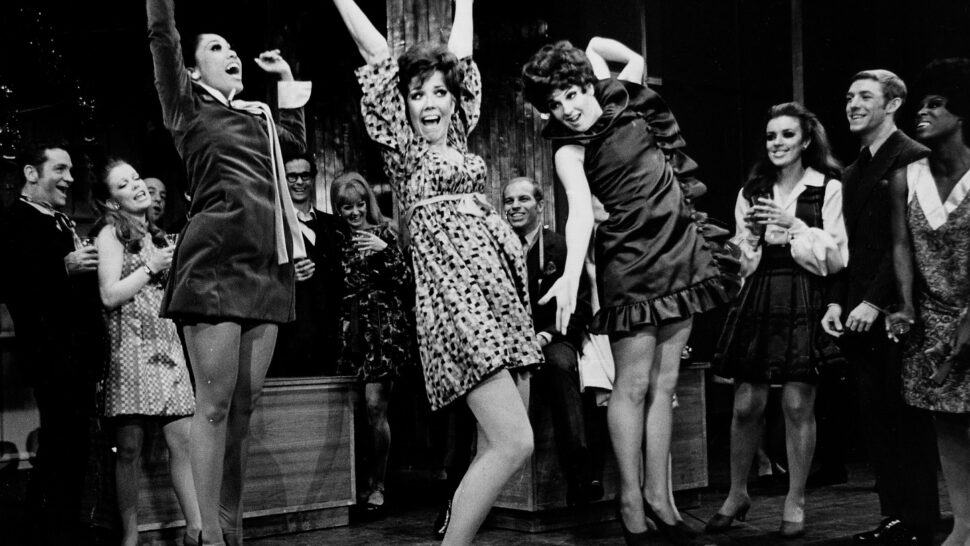
James H. Rodgers in the Cleveland Plain Dealer:
The glittering pageantry of the Metropolitan production of Verdi’s “Aida” was once more revealed yesterday evening in Public Hall before a vast and fervently responsive audience that apparently filled the great auditorium to the last seat. On that side of the footlights there was a pageant, too, concerning which a more competent pen will inform you. As for the eye-filling spectacle upon the stage, it really seems that gorgeousness and completeness of paraphernalia, costumes and scenic pictures can go no further. All the familiar, shop worn superlatives leap to the mind in attempting to convey some idea of the wealth of colorful and grandiose investiture. . . .
Miss Ponselle is an incomparable Aida. That I venture to assert in all literalness. Of course, I have heard only an infinitesimal number of the sopranos who have impersonated the dusky princess since the grand old man of Italian opera delivered his score to his august patron, the khedive of Egypt. But by no flight of fancy can I imagine anybody else doing the part with so many-sided a perfection.
Miss Ponselle was in fine voice. As I think of it, I have never heard her sing when she was not. I don’t know how she manages it. And this voice has both unsurpassed beauty and power plus; the latter always employed with due discretion. For the singer’s vocal equipment is matched with a supple and finished art. Her triumphs began with her great air of the first act.
And in like manner, so did Mr. Martinelli’s s, whose apostrophe to the “Heavenly Aida,” sung, as you know, almost immediately after the rise of the first curtain, called forth a long continued salvo of resounding applause. A tenor of heroic mold; in mien and action, as in voice, an ideal Rhadames. And those clarion-high tones have all the old ring in them. . . . A versatile singing-actor, this young Mr. Tibbett; moreover, a master in the art of make-up. Last night he was a quite convincing equatorial African, although if you had seen him in “Falstaff” or “The Jester’s Supper” you would not have thought it possible. His singing was of its usual admiral quality. . . .
Was it a bigger and better “Aida” than ever before? Hard to say, for the cast, with the single exception of Mr. Tibbett, was the same that we have heard, if I mistake not, on several occasions. Yet there were many who thought that the performance was unique or something like that And it is easy to believe that even the consummate artists we heard last night do not always scale the heights with such enormous elan For they sang with an ardor that made it seem that they were as stirred with enthusiasm as were their hearers. Which is saying a good deal. For it was an excited throng that showered them with applause.
On this day in 1902 Debussy’s Pelléas et Mélisande premiered in Paris.
Birthday anniversaries of composer Franz Lehár (1870) and soprano Alda Noni (1916).
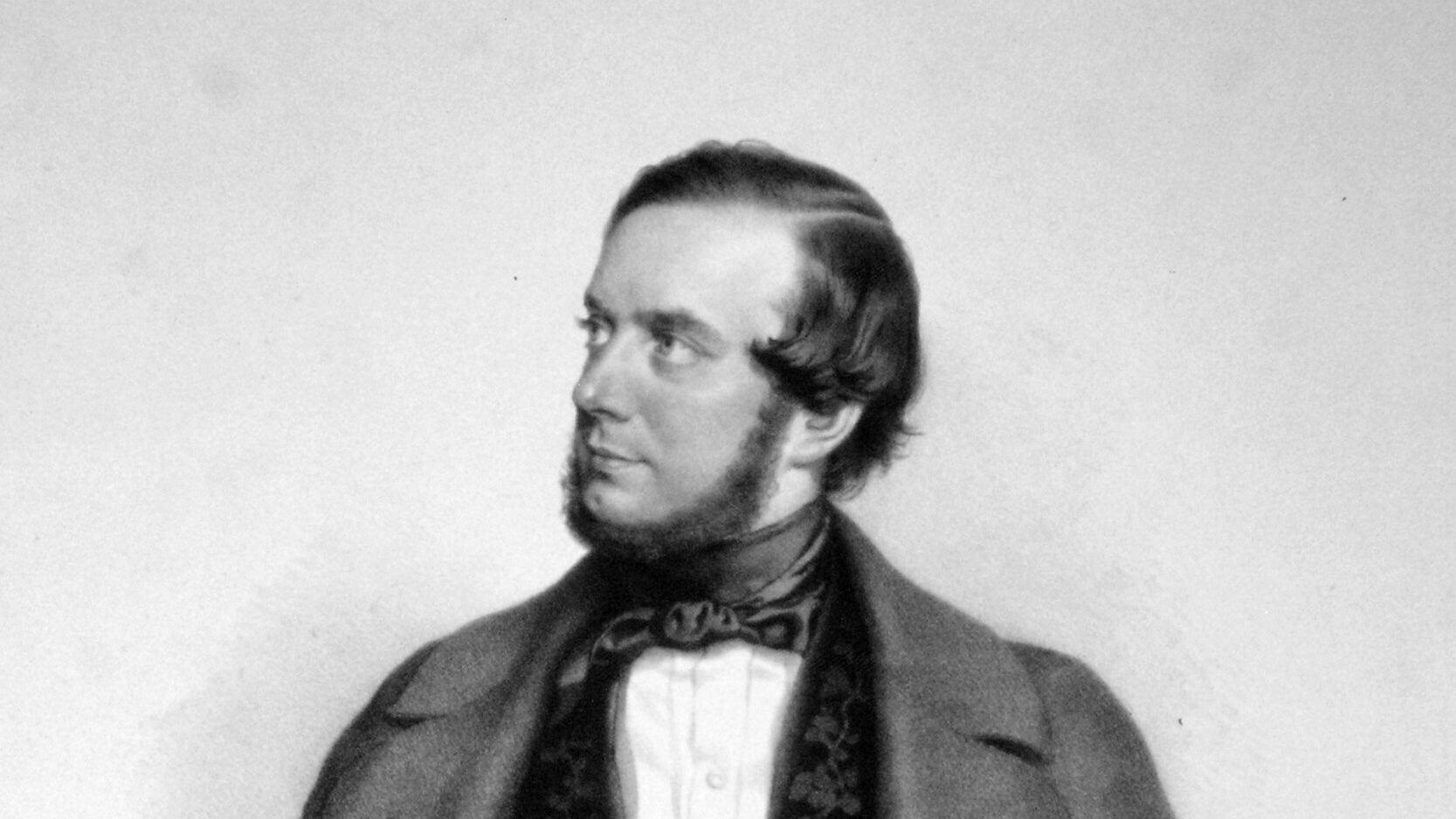


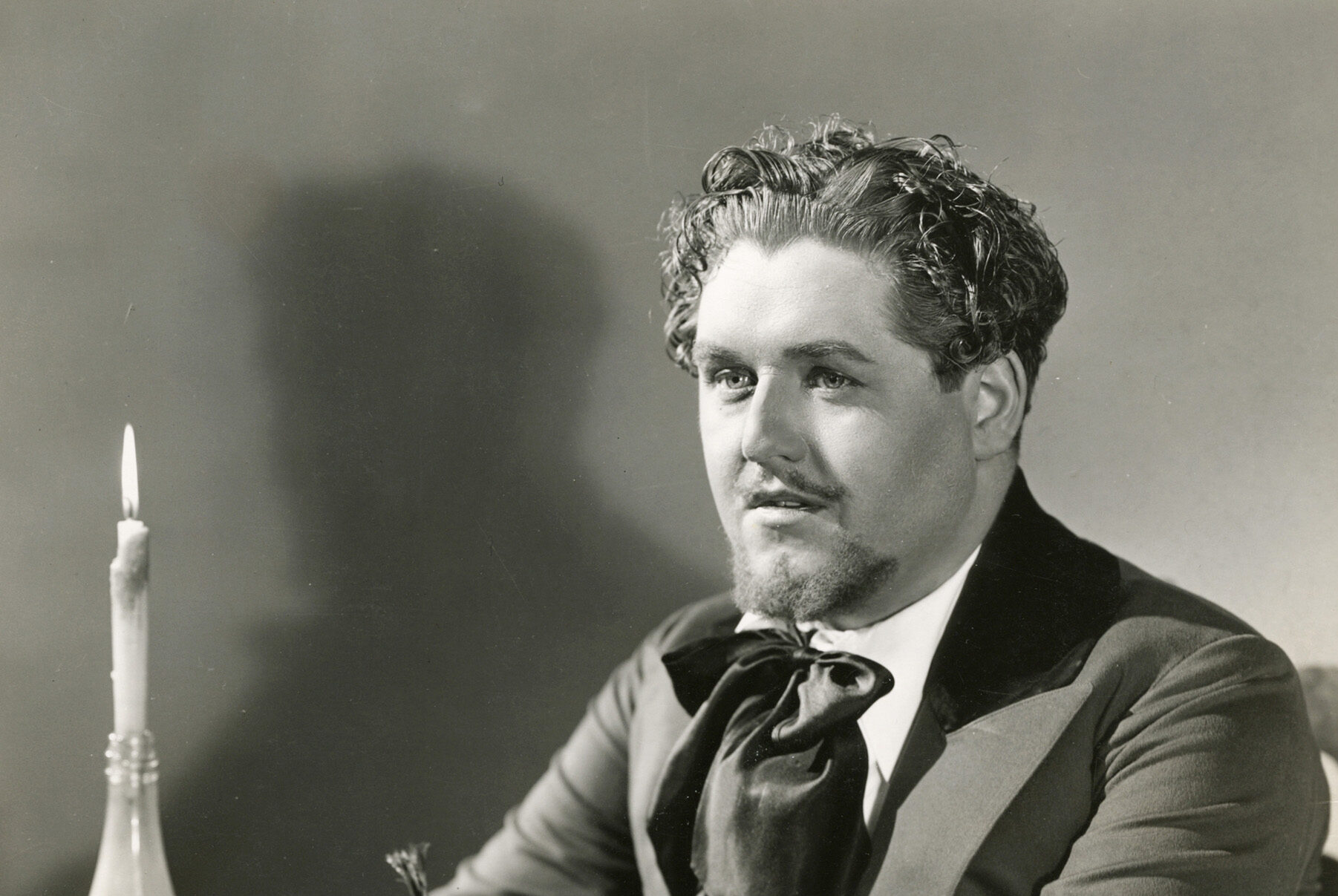
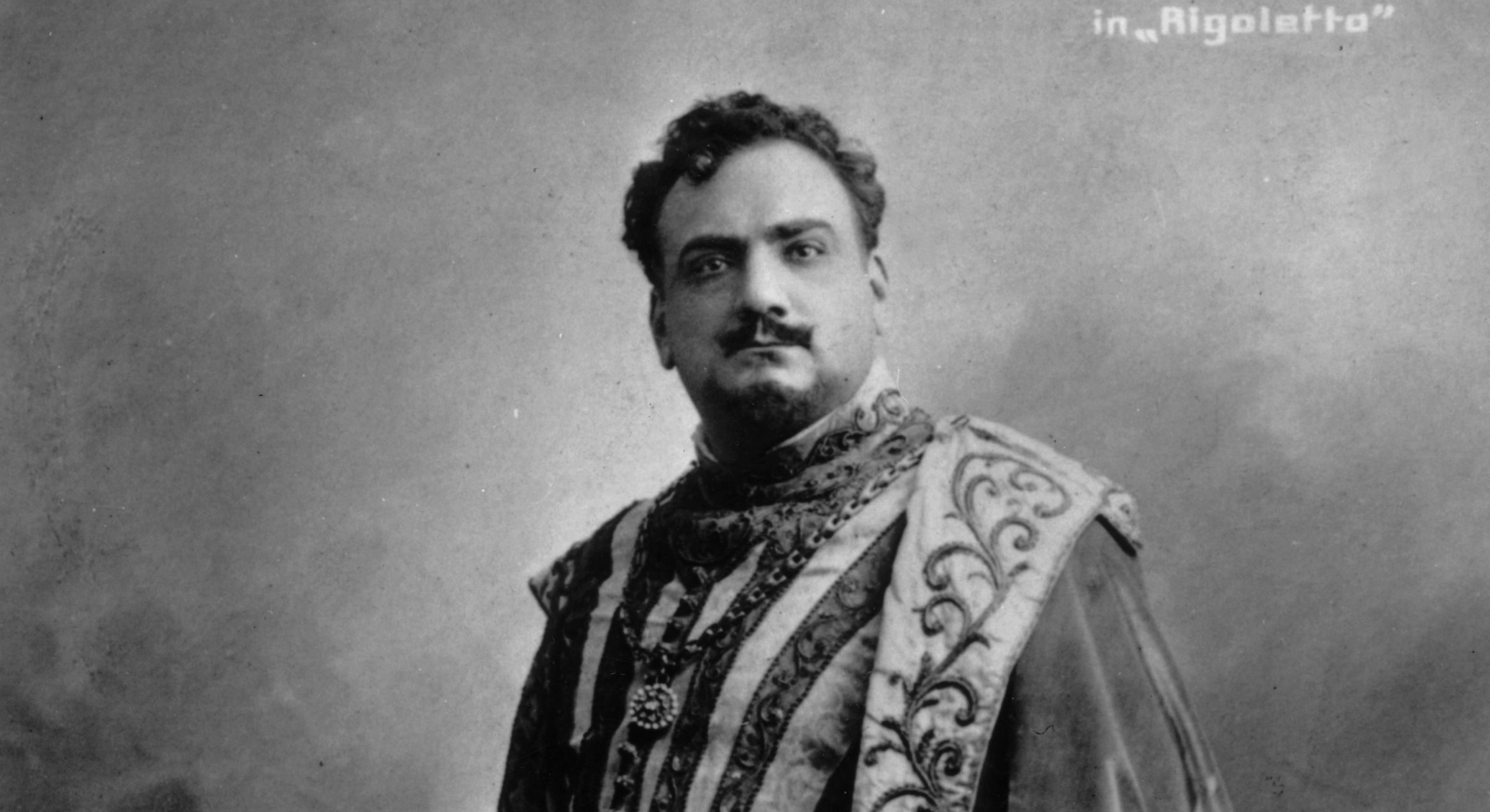
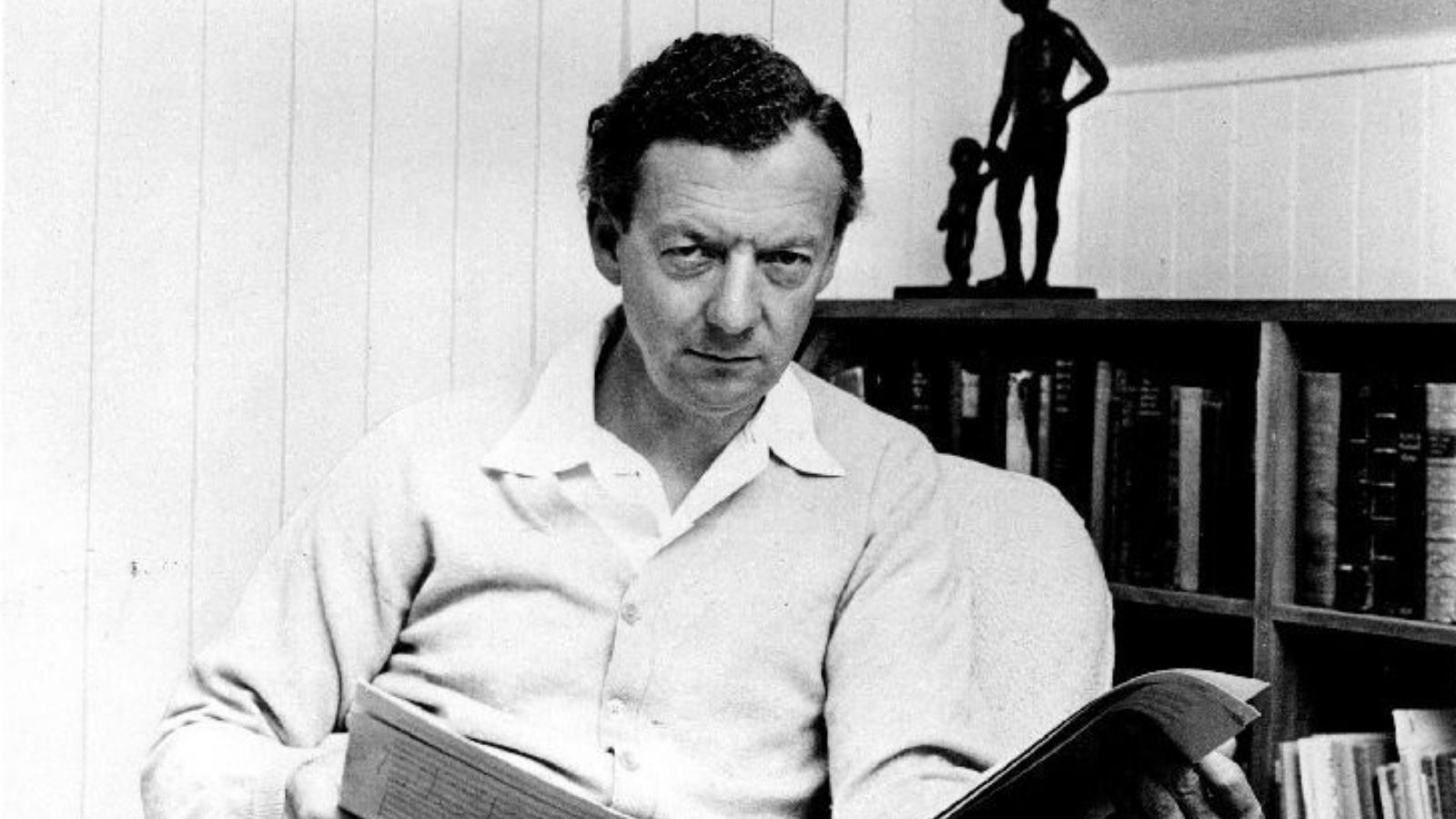

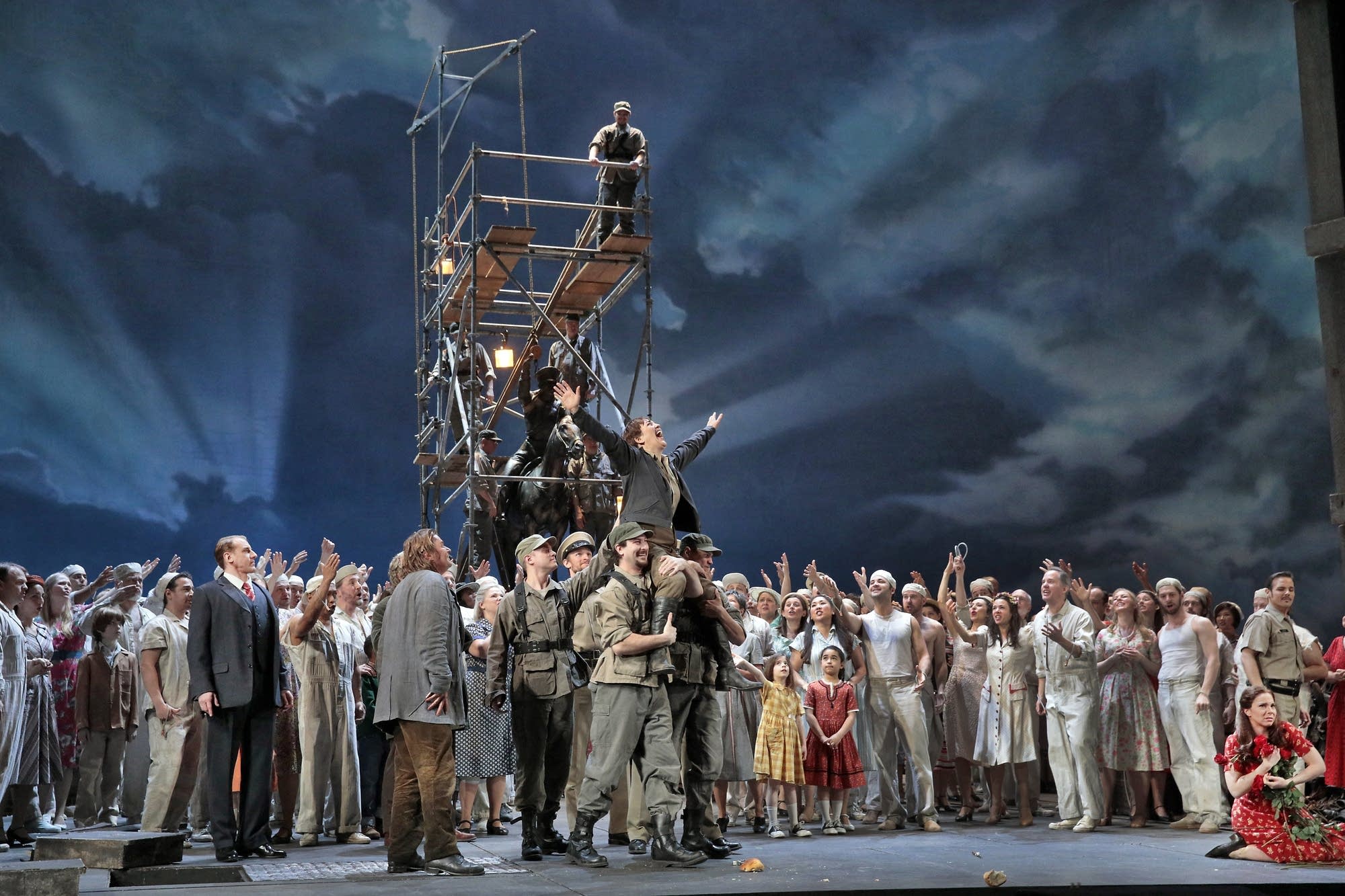
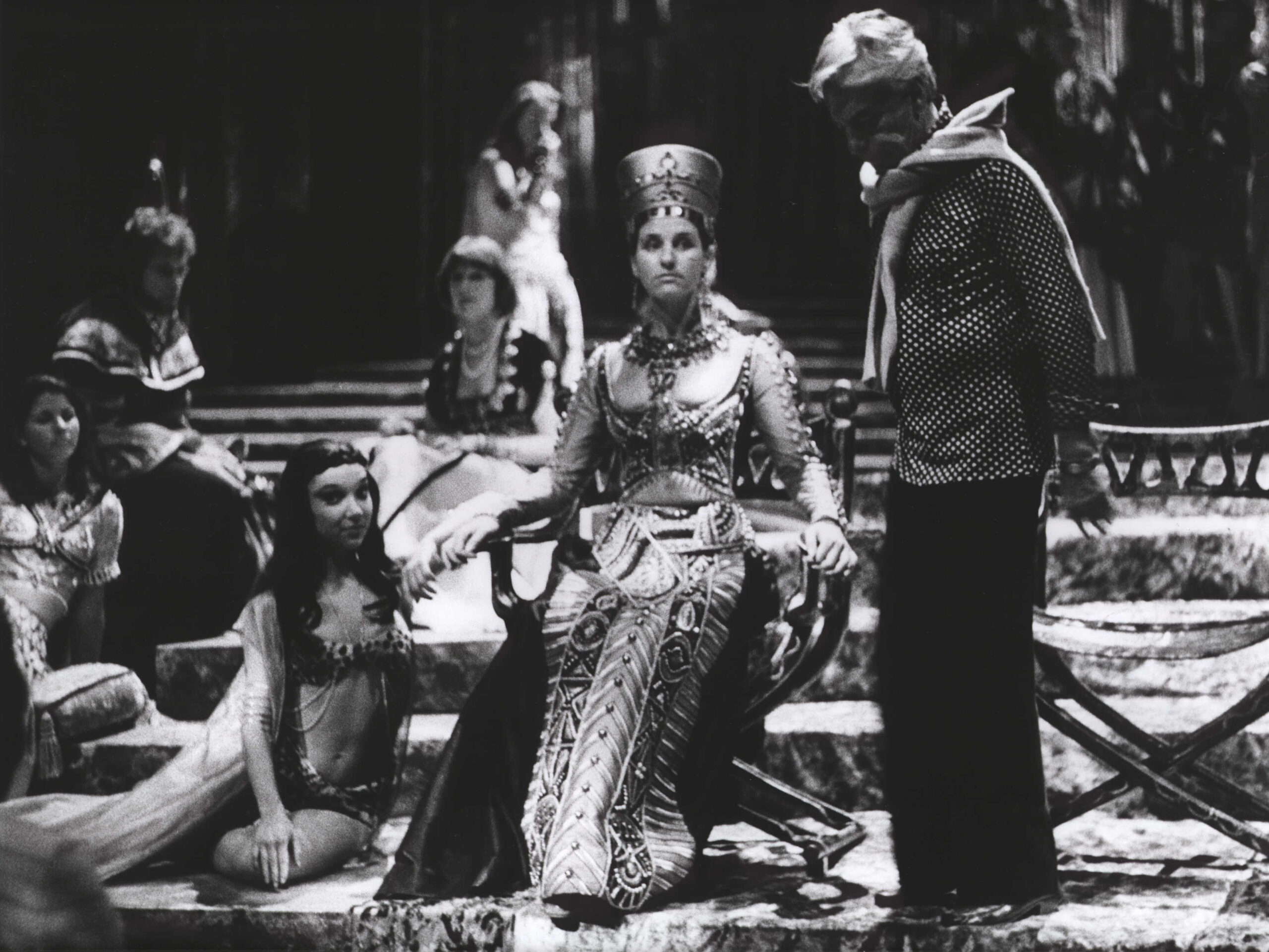
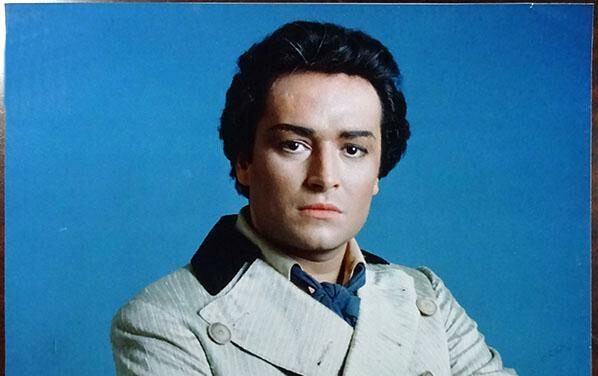
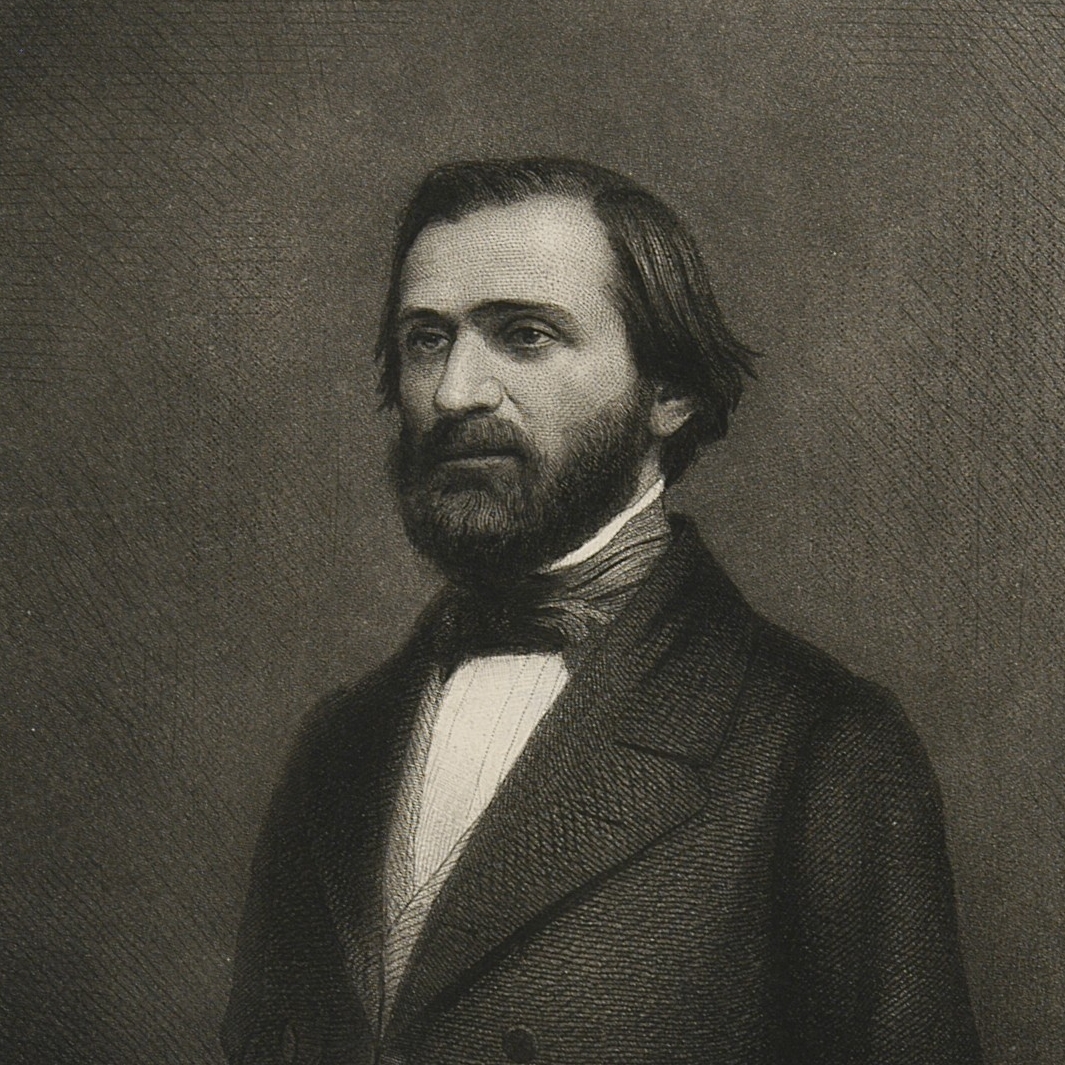
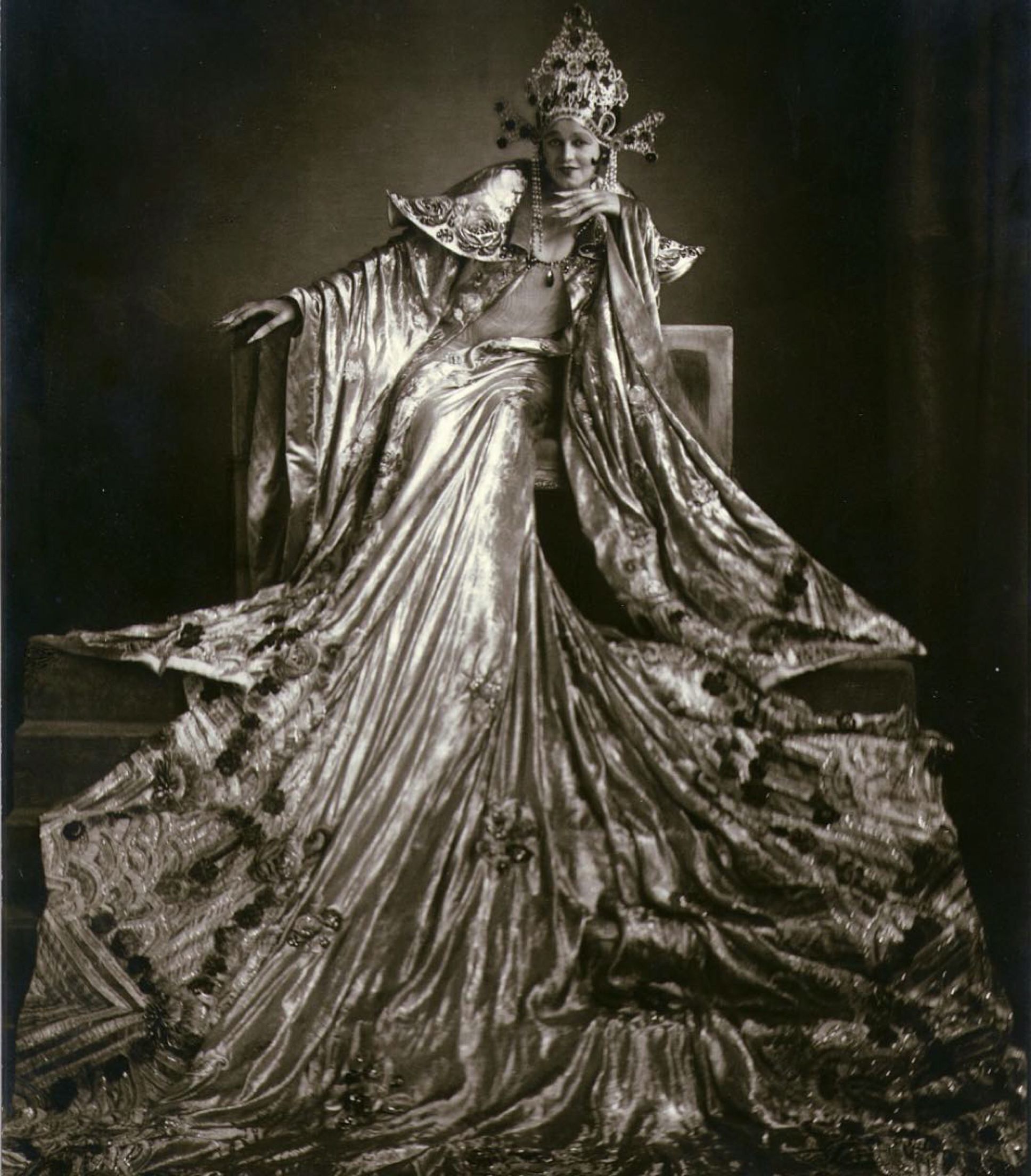
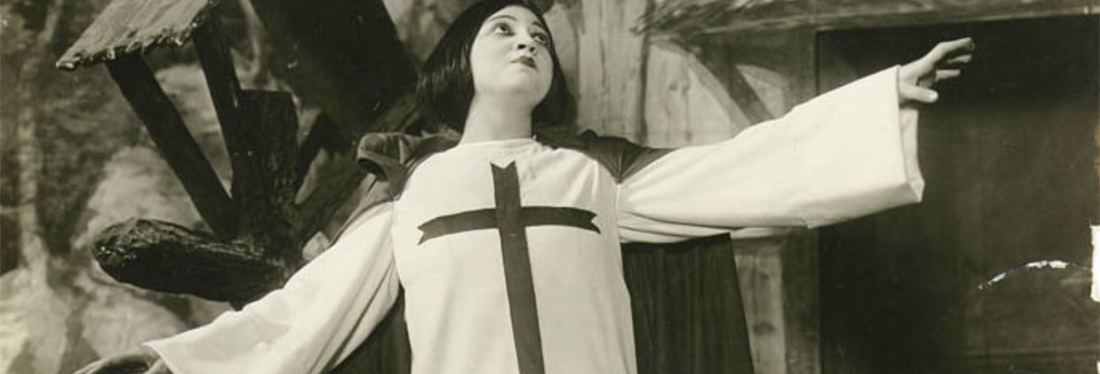
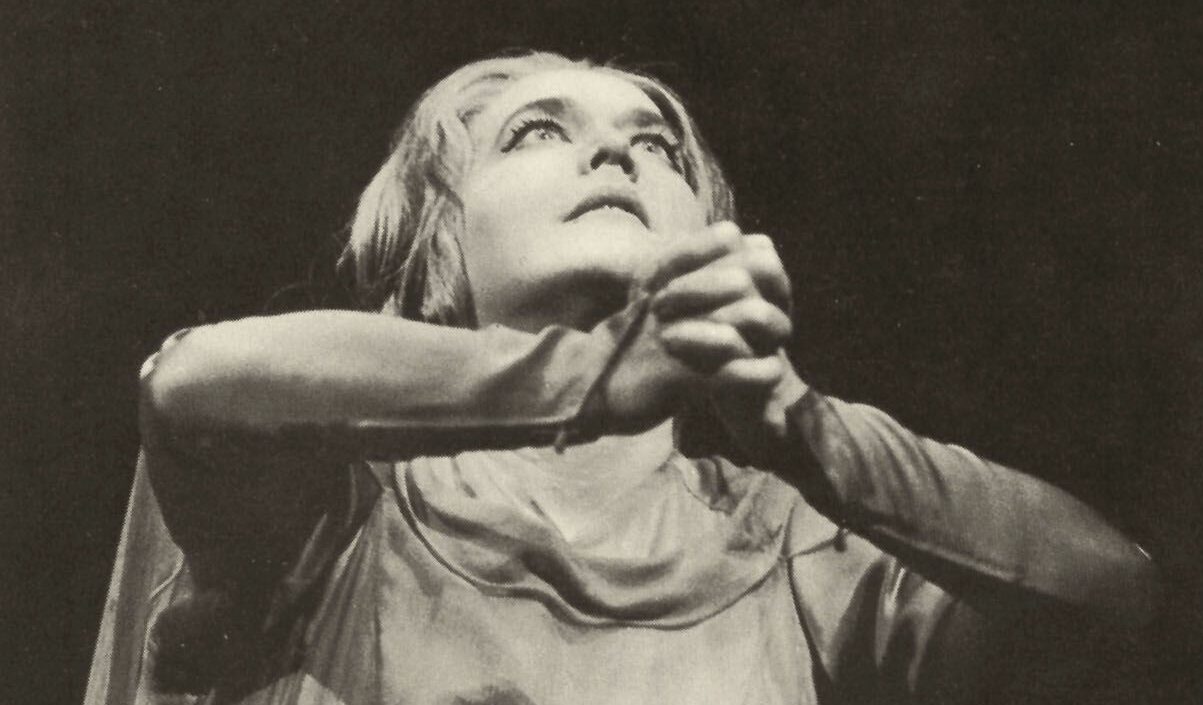


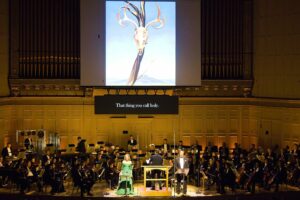









Comments